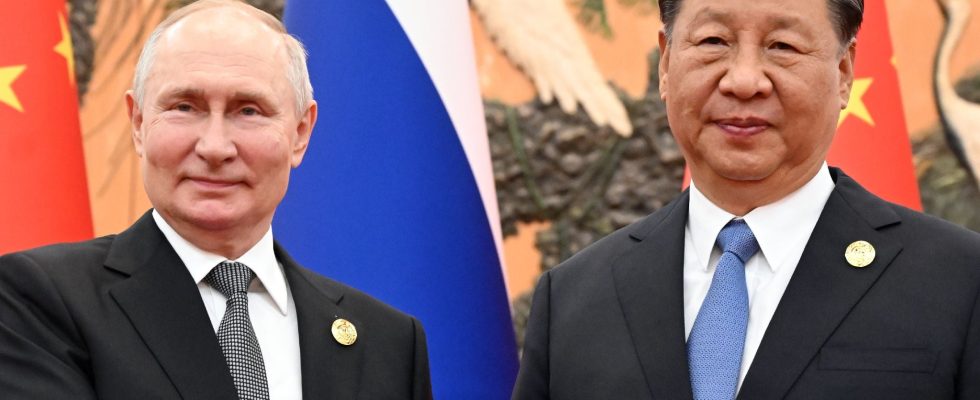In 1992, Francis Fukuyama published The End of History and the Last Man, an essay considered an important text of the second part of the 20th century. It could be read that the fall of the Communist Empire heralded the definitive domination of liberal democracies. Barely four years later, it was another work, signed by a professor of political science at Harvard University, Samuel Huntington, which caused an intellectual earthquake of the same magnitude, but very different. His title : The Clash of Civilizations. According to him, human history has given rise to types of civilizations which carry partly antagonistic histories, languages and, above all, values. He placed, at the center of his reflection, the conflictuality of the world: a diagnosis much less reassuring than that of Fukuyama. In particular because globalization would be backed by a westernization of the world which would provoke, as a reaction, a strengthening of competing civilizational identities. All this would lead to a rebellion pitting the rest of the world against the West.
So the question is: the values of liberal democracies do they have a universality that would make them irresistible? Or, on the contrary, are there unsurpassable cultural foundations which will inevitably lead to a war of identities? This question is not soluble in itself, because, to answer it, we would have to know the end of our common history, and only the prophets have this kind of ambition.
However, an article published in March in the journal Nature Communications allows us to see more clearly, at least in terms of the present. The paper offers an impressive analysis by the scale of the sample examined: 76 countries surveyed on the values of their citizens from 1981 to 2021. During these forty years, the authors explain, the phenomenon of globalization and the contacts between populations that it implies were not sufficient to produce a convergence of global values. It is even, in a certain way, the opposite that happened, in particular – it is in this matter that we see the most salient dissimilarities – for the values linked to tolerance and openness . What we see is a gap between the West and the rest of the world, as well as a regional aggregation of values: the closer your borders, the more you think the same way.
War of values against the West
When Australians were surveyed in 1981, 39% cited obedience as an important quality in children, while 32% of Pakistanis did the same, which was not that different. Forty years later, the former were only 18%, while the latter were 49%. We see the same type of temporal divergences on a number of subjects, such as the acceptance of divorce or homosexuality, for example. According to the authors, these results argue more in favor of Huntington’s thesis than that of Fukuyama. And it is true that opinion polls indicate increasing hostility towards Western countries in the Middle East, Asia as well as Africa.
However, we should not move too quickly. On the one hand, because the economic variable, which seems to play an important but not uniform role, has perhaps not yet demonstrated the emancipatory power that certain theories predict. History is long, and the present view is a little myopic. On the other hand, because this divergence of values is artificially fueled by political power. Thus, both Russia and China continue to urge a war of values against the West.
However, imagining that there would be a “West against the rest of the world” front would be a bit naive. Indeed, the theory of the clash of civilizations should not make us forget that the members of the BRICS, for example, often have antagonistic interests – let us think of China and India. As a result, the world scene resembles a billiards table with a large number of balls rather than a struggle between two blocs as during the Cold War. From this observation, we can only conjecture and admit that the world has never been so unpredictable.
Gérald Bronner is a sociologist and professor at La Sorbonne University.
.
